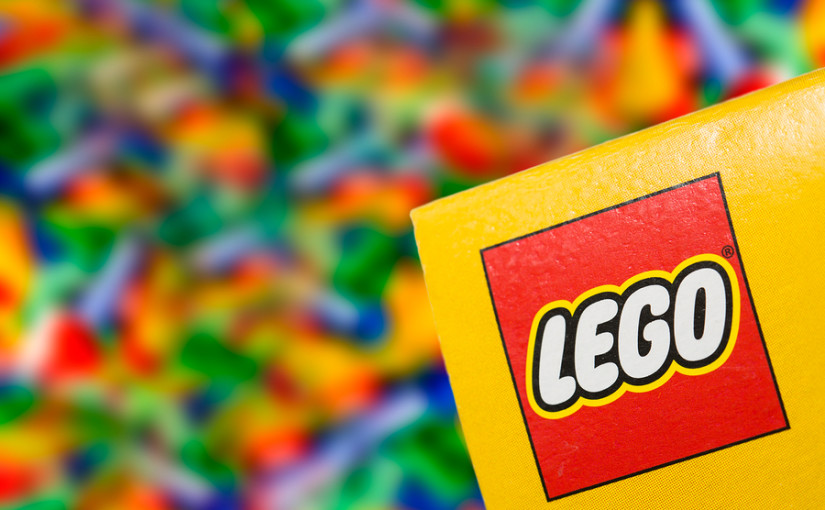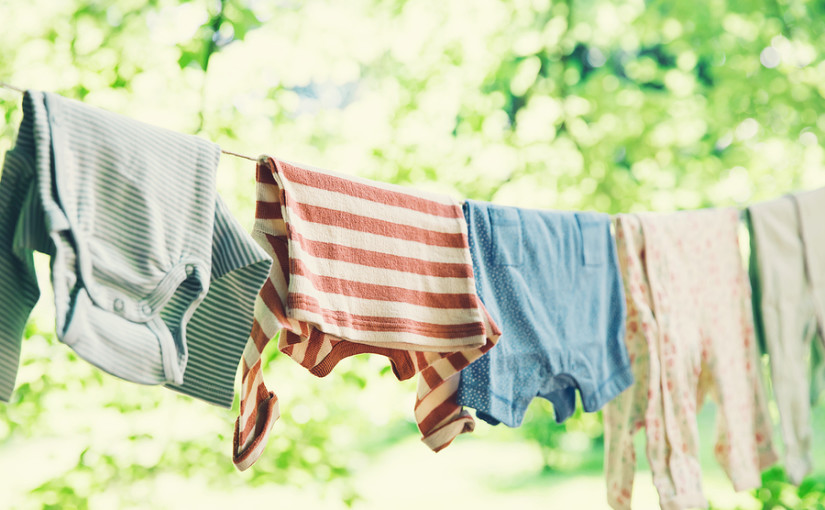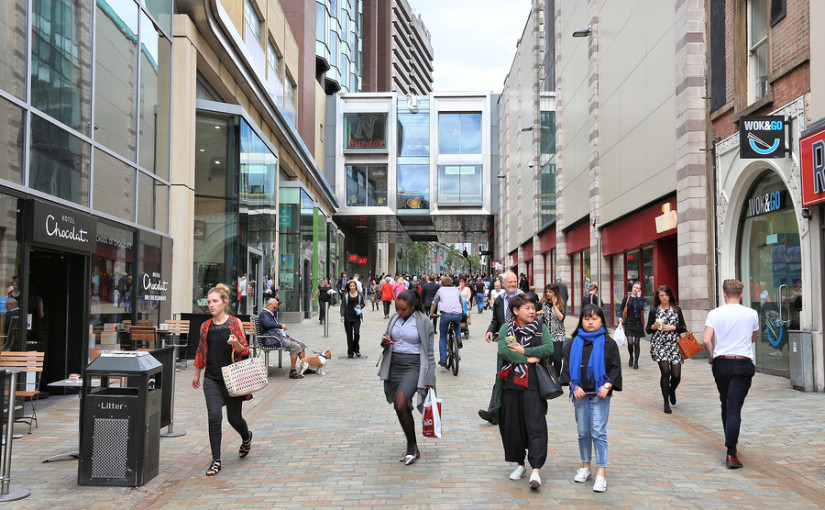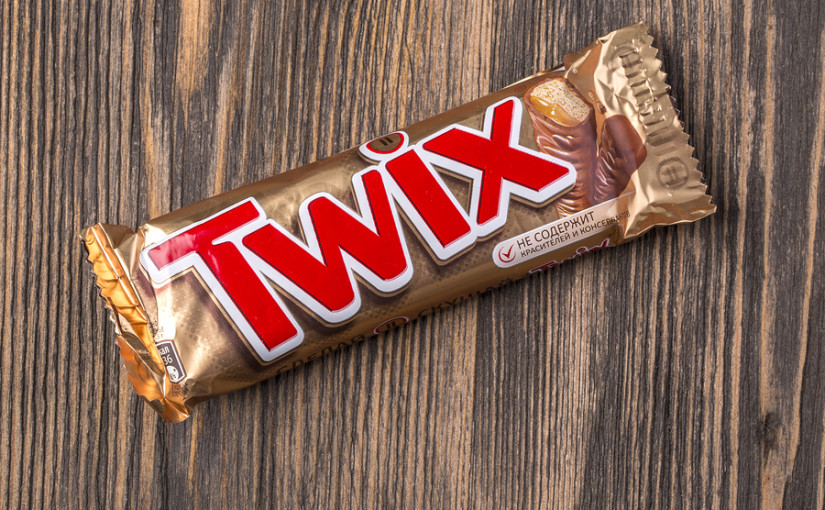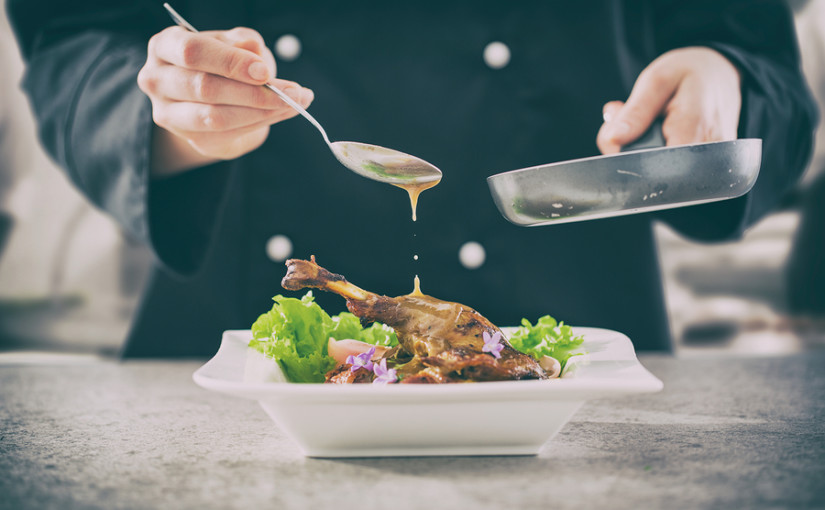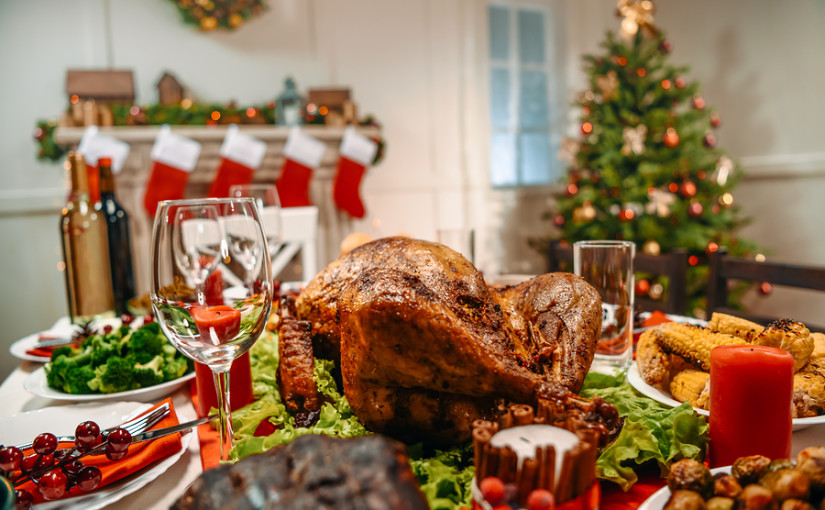Despite the fact that make-up and cosmetics are more popular than ever right now, there isn’t much information out there about what to do with these products once you’ve finished using them, or how to make the most out of them and save on waste. We have gathered together some top tips on how to recycle your cosmetics and also how to extend their life.
Continue reading How to recycle cosmetics — and extend their life

